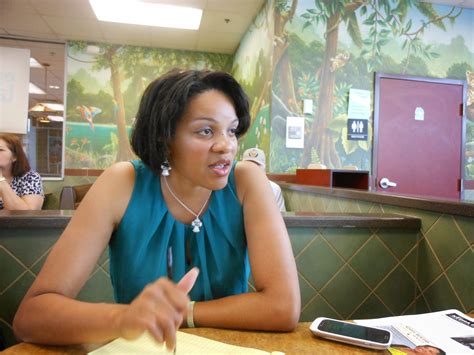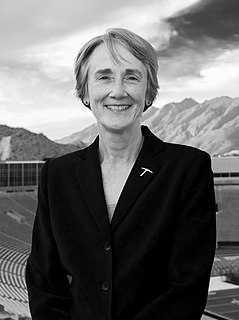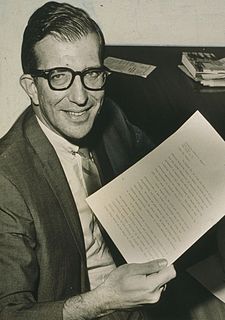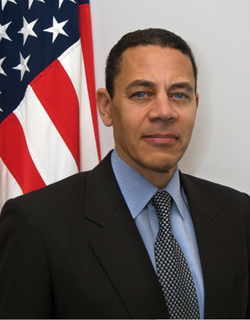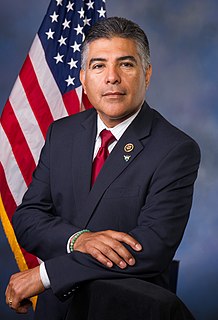A Quote by Kesha Rogers
Apollo wasn't just about sending people into space. It transformed so much of our economy. From our education system to so many of the things we use today, it was a vision that led to the total transformation of the planet.
Related Quotes
We have one planet in our solar system that's habitable, and that's the Earth, and space travel can transform things back here for the better. First of all, by just having people go to space and look back on this fragile planet we live on. People have come back transformed and have done fantastic things.
I would love to see the world's space programs continue toward sending humans to an asteroid or to Mars, with, of course, a full plan in place to bring them back. That excites me. And one of the things that excites me most about space is that we can go up there and put spacecraft in orbit with sensors that will help us measure the health of our planet, which is becoming particularly important. Our planet needs to be observed.
It's time to admit that public education operates like a planned economy, a bureaucratic system in which everybody's role is spelled out in advance and there are few incentives for innovation and productivity. It's no surprise that our school system doesn't improve: It more resembles the communist economy than our own market economy.
The future is about wings and wheels and new forms of space transportation, along with our deep-space ambition to set foot on another world in our solar system: Mars. I firmly believe we will establish permanence on that planet. And in reaching for that goal, we can cultivate commercial development of the moon, the asteroid belt, the Red Planet itself and beyond.
Knowledge and wonder are the dyad of our worthy lives as intellectual beings. Voyager did wonders for our knowledge, but performed just as mightily in the service of wonder and the two elements are complementary, not independent or opposed. The thought fills me with awe - a mechanical contraption that could fit in the back of a pickup truck, traveling through space for twelve years, dodging around four giant bodies and their associated moons, and finally sending exquisite photos across more than four light-hours of space from the farthest planet in our solar system.
I've never been able to get it straight about what these people who are worried about the trade deficit are worried about. When they say that we're buying too much from overseas, that we're sending too many dollars overseas to get all these goods and services they got, they're saying that the American dollar is too strong and that is hurting our economy. And the result of this will be that the American dollar will get too weak, and that will hurt our economy.
Education is 'the guardian genius of our democracy.' Nothing really means more to our future, not our military defenses, not our missiles or our bombers, not our production economy, not even our democratic system of government. For all of these are worthless if we lack the brain power to support and sustain them.
Today in America many people are living in a virtual world. They enter it through an internet access device and they navigate freely around it, and those people who learn how to navigate better in that space are finding that they have better access to information about jobs and education and all the good things that our society produces.
